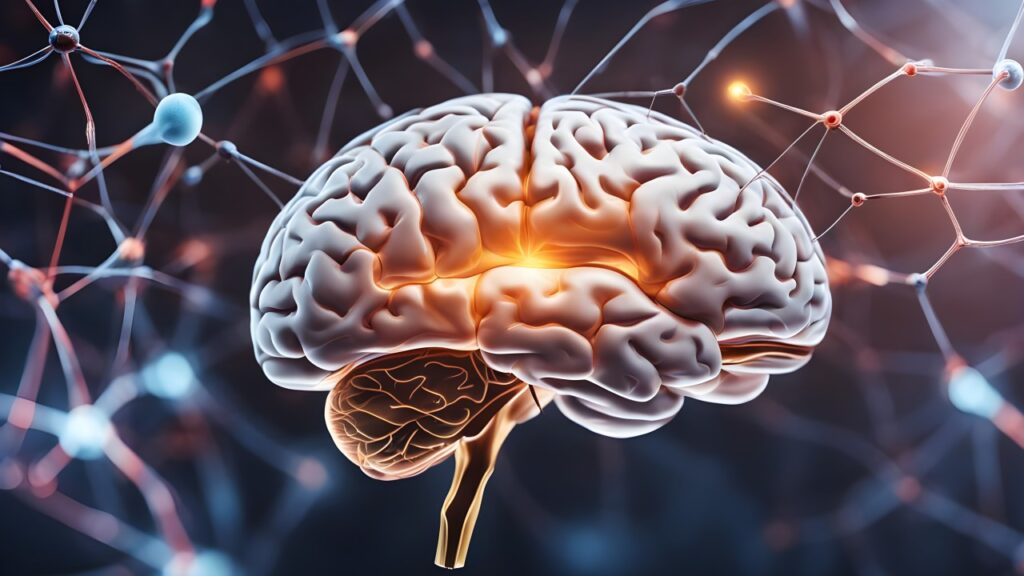For years, stress has been treated as a temporary emotional strain—manageable through a good night’s sleep or a weekend break. But mounting research is revealing a more disturbing truth: chronic stress can reshape the architecture of the brain itself.
According to neuroscientists, prolonged exposure to stress not only impairs memory but actively distorts it. It alters how the brain learns, stores, and retrieves information—pushing individuals toward fear-based habits and away from flexible thinking.
The findings, outlined in a recent study, suggest that the effects of long-term stress go far beyond anxiety or exhaustion. They touch the very core of human cognition.
The Memory Under Siege
At the heart of this cognitive shift lies cortisol, the body’s primary stress hormone. In short bursts, it’s protective. But when the hormone lingers—as it does under chronic stress—it becomes toxic to brain regions responsible for memory.
The hippocampus, the brain’s central memory processor, shrinks under sustained cortisol exposure. This impairs both the formation of new memories and the recall of old ones. Meanwhile, the amygdala, the brain’s emotional alarm system, becomes hyperactive—causing emotional memories to overpower logical ones.
Perhaps most critically, the prefrontal cortex—responsible for reasoning and decision-making—begins to falter. Individuals under chronic stress often struggle with focus, planning, and impulse control.
From Learning to Habit
Researchers found that chronic stress shifts the brain’s default mode of learning. Instead of analyzing new experiences or forming nuanced memories, the brain begins to favor fixed responses—what scientists call “habit-based conditioning.” This mechanism, while evolutionarily useful in high-threat environments, becomes counterproductive in modern life.
“Under stress, the brain stops learning flexibly,” said Dr. Meera Shah, a neuropsychologist based in Mumbai. “You don’t think. You react.”
The Cost of Inaction
Left unaddressed, the neurological consequences of chronic stress can be long-lasting, even permanent. Brain scans of individuals under extended stress show thinning of the cortex, reduced synaptic connectivity, and in some cases, early signs of neurodegeneration.
Studies have also drawn links between chronic stress and the risk of developing Alzheimer’s disease, depression, and anxiety disorders.
What’s particularly alarming is that these changes may occur quietly—without dramatic symptoms—until cognition begins to noticeably decline.
Prevention Is Possible—But Urgent
Experts emphasize that the effects of stress are not irreversible, especially if addressed early.
Key recommendations include:
- Mindfulness practices like meditation, yoga, and deep breathing
- Regular sleep, critical for memory consolidation and stress hormone regulation
- Social connection, which has been shown to buffer the effects of emotional stress
- Professional mental health support, including therapy and stress management programs
“This is a wake-up call,” said Dr. Shah. “Stress isn’t just a feeling—it’s a neurological threat. And the brain, unlike the heart or lungs, doesn’t show pain until damage is done.”


